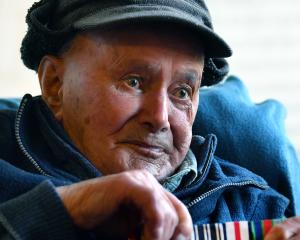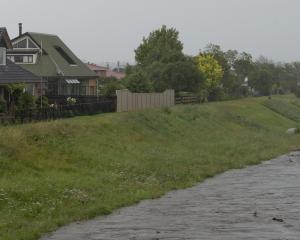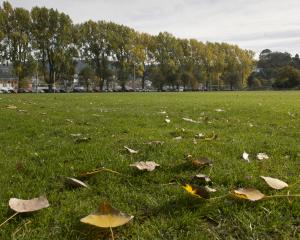Hannah Palmer (22), a student of pharmacology in her final year at the University of Otago, spent the summer studying how fatty tissue can make breast tumour cells more invasive.
A New Zealand Breast Cancer Foundation spokeswoman said obesity was known to pose an increased risk for breast cancer and to lead to a worse prognosis for women with breast cancer, but few published studies had investigated the role of fatty tissue surrounding tumours.
Through isolating a particular protein secreted by fatty tissue and testing it on cancerous and non-cancerous cells, Miss Palmer proved the protein contributed to the increased invasive potential of a tumour.
She was now working on having her research published.
Miss Palmer's research was part of a summer studentship with the University of Otago's Mackenzie Cancer Research Group (MCRG) in Christchurch.
Supervisor Dr Elisabeth Phillips said there had been considerable interest in Miss Palmer's research.
''It's a worthwhile and exciting pilot study and we would like to investigate our findings further to examine what the adipocytes [fatty tissue cells] located near tumours are doing to promote breast cancer cells to become more invasive and metastatic.''
Anna Bashford, oncologist and medical adviser to the New Zealand Breast Cancer Foundation, which funded Miss Palmer's summer studentship, said she had produced an outstanding piece of work that could hold its own anywhere in the world.
''I don't doubt that other researchers will use her discovery as the basis of new studies into how to prevent breast cancers metastasising [spreading].''
Miss Palmer, originally of Christchurch, was awarded Otago University's prize for best overall project (scientific content and presentation) for a summer study.
Today is World Cancer Day.












